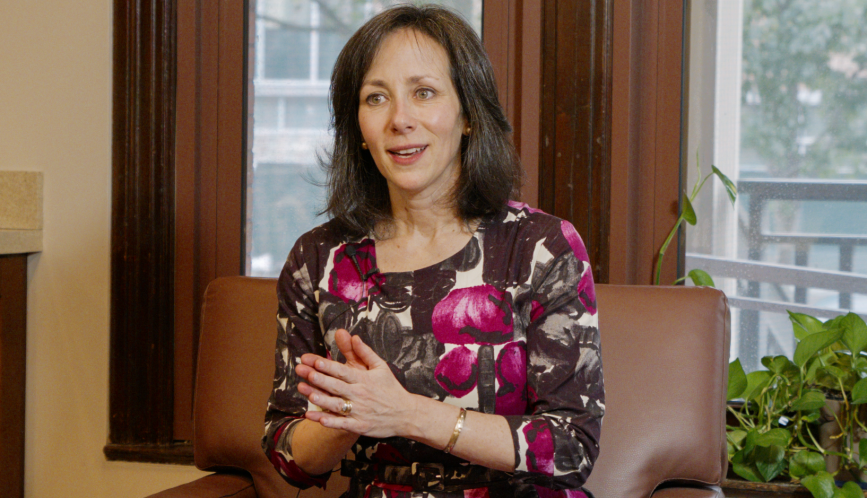MIP network member Stacy Tessler Lindau, MD, MAPP, FACOG: is a Professor, Departments of Ob/Gyn and Medicine-Geriatrics, and Director of WomanLab. Lindau is an expert in engineering solutions to injustice together with the patients and communities she serves. Her scholarly work focuses on problems in two fields related by a central theme of health equity: sexuality in the context of disease and aging and health of populations living in poverty. Her innovations include the National Social Life, Health and Aging Project, the nation’s first comprehensive study of sexuality among middle age and older adults in the U.S. and Feed1st, a hunger mitigation intervention for families with hospitalized children. A practicing gynecologist, Lindau leads the Program in Integrative Sexual Medicine at the University of Chicago Medicine to preserve and restore sexual function in women affected by cancer and was founding chair of the international Scientific Network on Female Sexual Health and Cancer.
Describe your area of study and how it relates to current policy discussions surrounding inequality.
WomanLab works with women affected by cancer and other conditions to innovate solutions to problems that impede sexual function across the life course. Current policy discussions related to gender inequality recognize that differentials in a person’s agency over their own body drive inequities in economic outcomes. WomanLab aims to ensure that all women have access to science-based knowledge about how female sexual function works, factors that can impede sexual function, and ways sexual function can be preserved or recovered in the context of illness and aging.
What areas in the study of inequality are most in need of new research?
We need to shift from spending resources to describe inequities toward low-cost, highly scalable interventions to mitigate, repair and prevent inequities.
What advice do you have for emerging scholars in your field?
Science can be slow. In parallel with your scholarship activities, allocate some of your effort to what we call in medicine “laying hands on.” In other words, know the communities you serve. Ally yourself to the voices of the people you serve, join hands with the people you serve, to help amplify the message about inequity with the best available evidence science in your field has to offer. Collaborate with the communities you serve to conduct science that serves, rather than marginalizes, communities bearing the burden of inequity.



